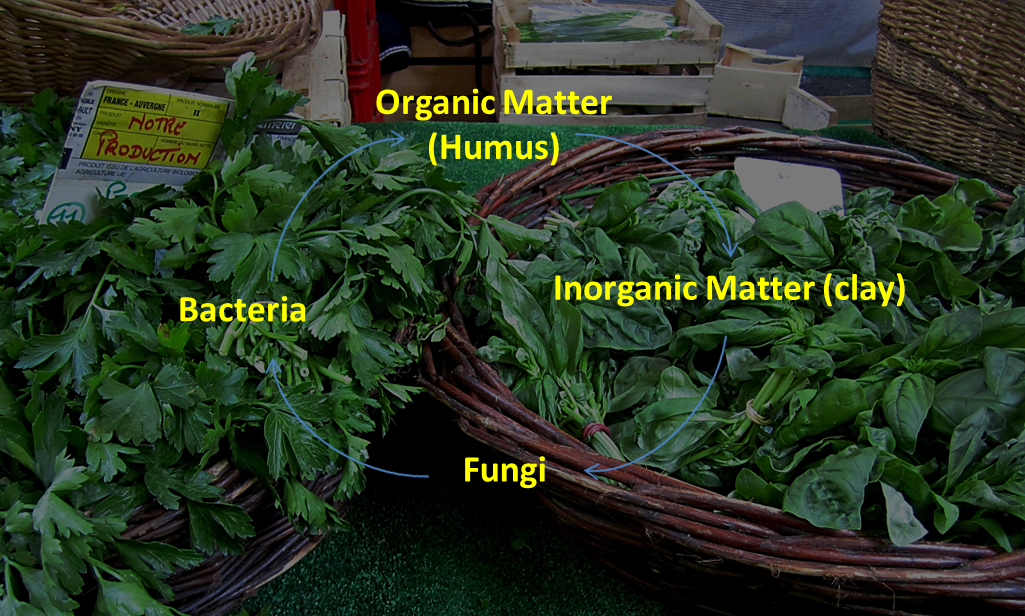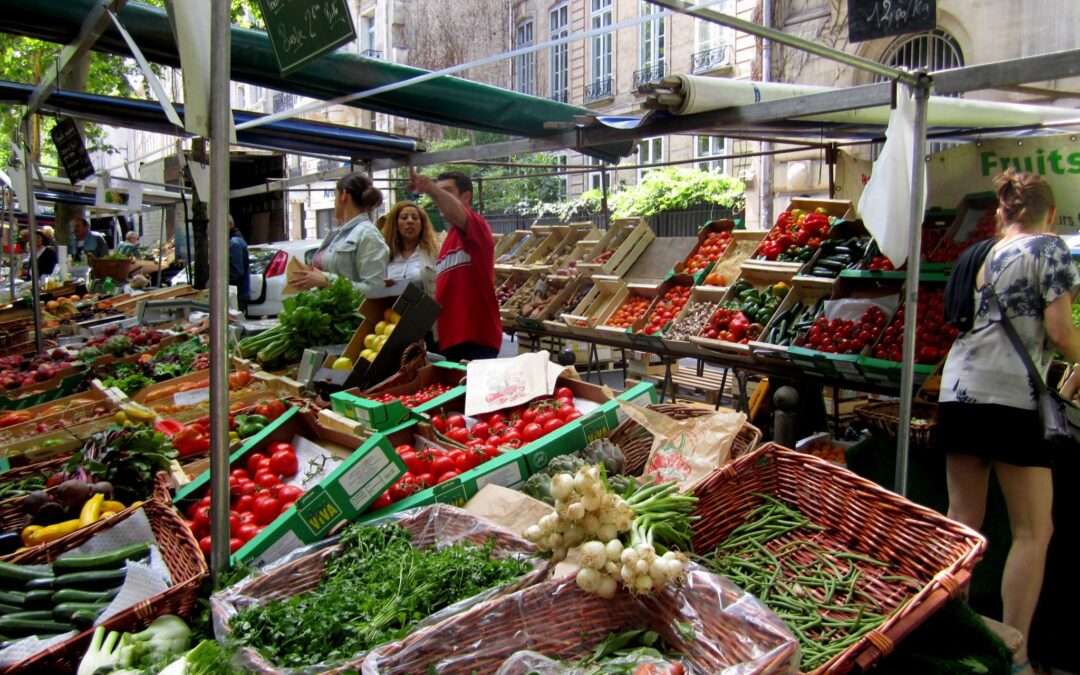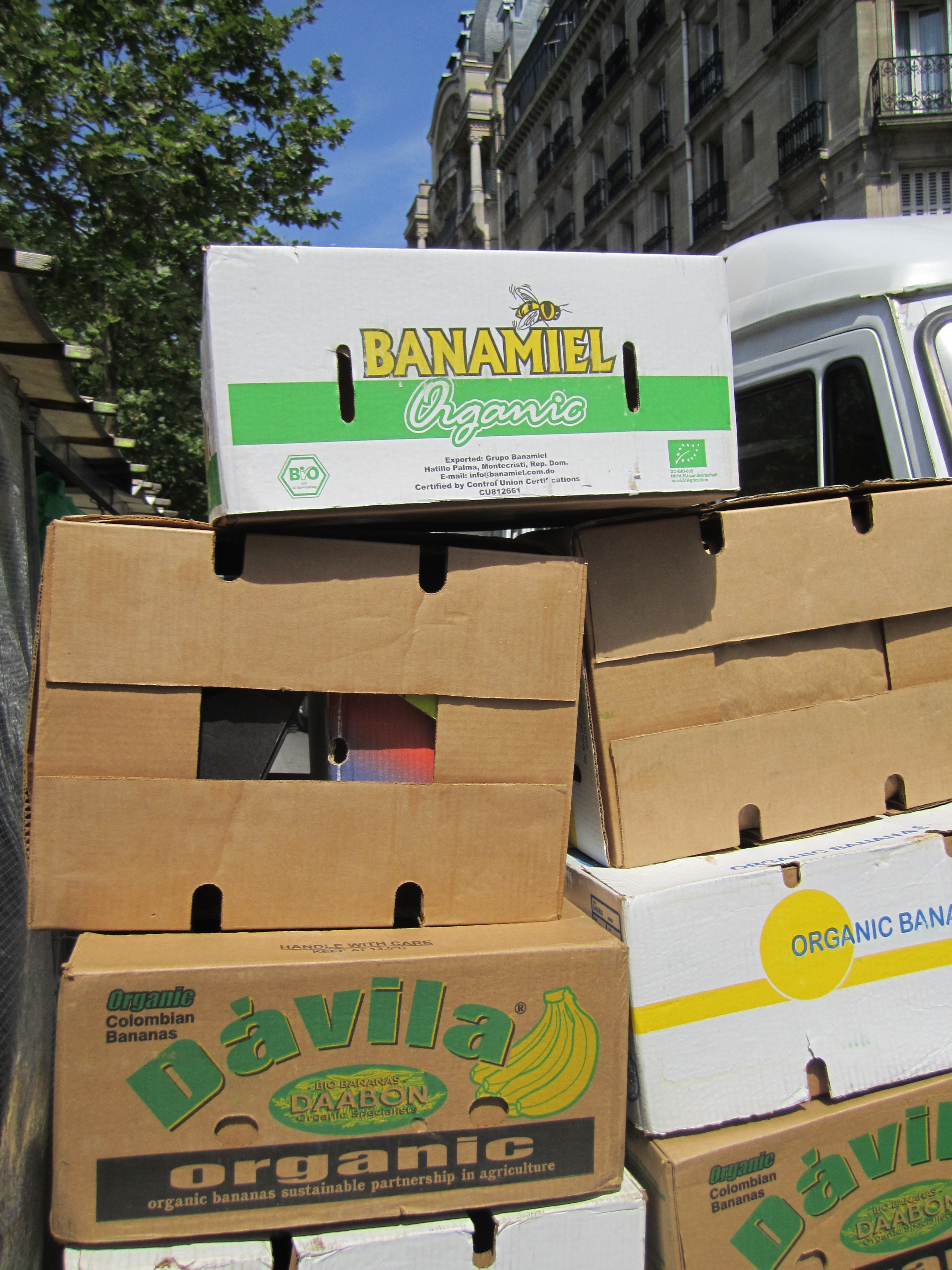On Monday I had my first class in the Holistic Nutrition Program at IHN and so far I am pretty excited to ‘officially’ be studying nutrition! One of the topics discussed today was organic farming, a topic that I felt I knew but not in the detail covered. I think it is important to know what organic farming is in order to make an educated decision between organic and conventional produce.
Organic farming can be defined in two ways: There is a ‘holistic’ definition of organic farming and the legally defined term ‘organic’. Holistically speaking organic farming is equivalent to the natural soil cycle.
In the natural soil cycle the following occurs:
 1. Essentially matter (debris such as leaves, peelings, etc) is decomposed into organic matter (humus) by bacteria. This organic matter, in particular, humic acid, can bind to minerals making them bio-available* to the plants.
1. Essentially matter (debris such as leaves, peelings, etc) is decomposed into organic matter (humus) by bacteria. This organic matter, in particular, humic acid, can bind to minerals making them bio-available* to the plants.
Why is bio-availability important?
Minerals need to be in a form where they are bound to a carrier molecule which makes them bioavailable in the body. Popping calcium pills from a bottle is difficult for the body to assimilate the calcium because it is not bound to a carrier molecule.
2.The inorganic part of soil is usually composed of various amounts of clay and minerals (which are bound to the organic matter).
Minerals are essential to having healthy plants. Plants use the minerals to grow and in various metabolic processes. Plants high in minerals are beneficial to us as humans need minerals for our own bodily processes.
Clay stores and releases water after a rainfall or watering. This water then nourishes the fungi in the soil.
3. The fungi serve as the plants’ immune system. The fungi produce antibiotics that regulate the growth of bacteria. Bacteria produce toxins which can be harmful to the plant’s health. These toxins are then neutralized by the fungi’s antibiotics thus protecting the plant’s growth. Even though the bacteria produce toxins they are necessary for decomposition of matter into organic matter (hummus). And so the cycle continues.
All 4 components in this cycle constitute the natural soil cycle; organic matter (humus), inorganic matter, fungi and bacteria. These 4 components allow the plants grown to have a high mineral profile, be hardy and disease free thus making them nutritious.
What is Organic farming legally? Some key points:
- follows the Canadian Organic Standards (COS)definition which was nationally established in June 2009
- key feature is section 1.4(Prohibitive List) in the 300+ page document
- some key prohibitions; no GMO’s, no synthetic pesticides, no ionizing radiation, and no antibiotics
The artificial soil cycle uses chemical fertilizers (nitrates, phosphates, potash):
- they are made with fossil fuels!
- fertilizers are directly absorbed into the roots but may not be BIO-AVAILABLE to the plant as it is not bound to an organic carrier thus the plant receives little nutrition.
- this causes the plant to LACK the mineral profile that would be found in organic soil
- the natural soil cycle is disrupted thus impairing the plants immune system and increasing the NEED for pesticides and herbicides
Poor soil leads to poor mineral profile leads to inferior plants leads to poor health!
~Michelle



